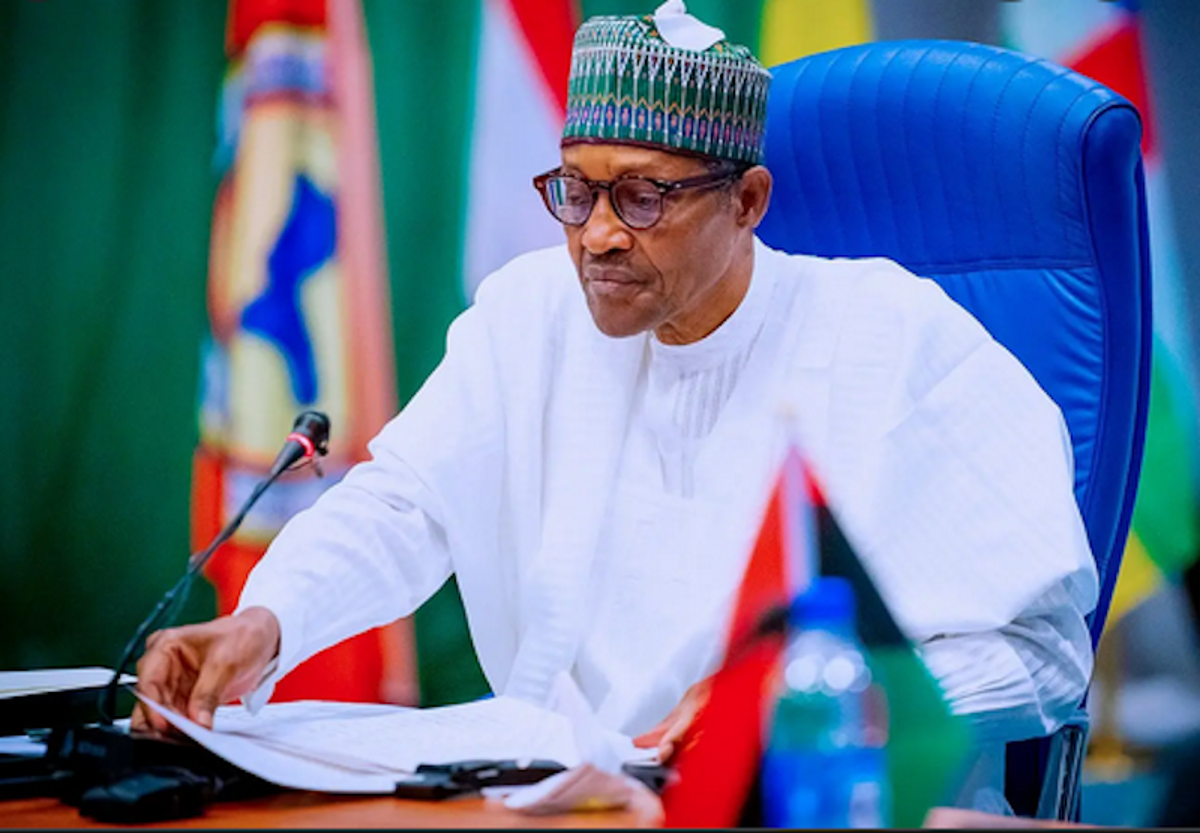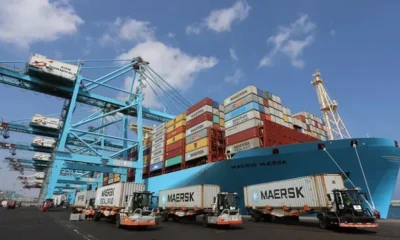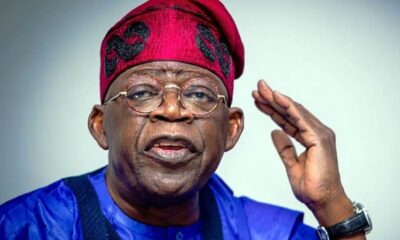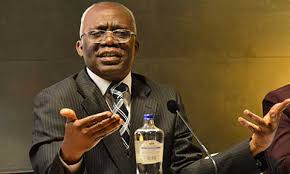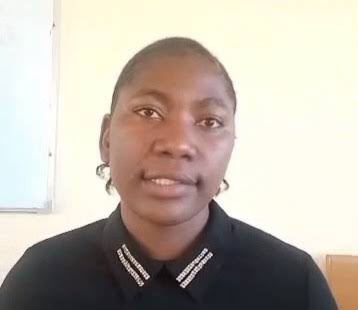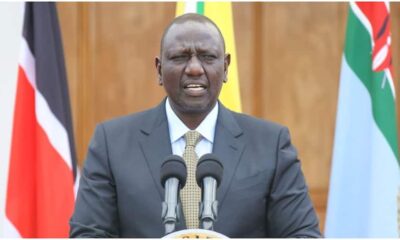Former Nigerian President, Muhammadu Buhari has given his government the praise in the country’s legal triumph over UK firm, Process & Industrial Development (P&ID), which would have set back the nation by a whopping $11 billion in accumulated cost.
The long-drawn case began in 2017 following a 2010 agreement between P$ID and the Federal Government, with the firm pledging to build a gas processing plant in Cross River State.
The project never saw the light of day which led to P&ID suing the Nigerian government for lost profits. A UK court also granted the company an accumulated daily percentage which grew over the years to $11 billion, which further became a point of contention with Nigeria challenging the award.
However, the case came to a close on Monday, October 23 when Justice Robert Knowles of the Business and Property Court in London held that the process through which P&ID secured the contract was fraudulent and dismissed the case against Nigeria.
While reacting to the favourable ruling on Sunday, Buhari said if the case had gone against Nigeria, such monetary loss could have set the country back in many ways, and advised that the amount should be substituted to finance key infrastructural projects.
In an extensive article, Buhari took a dive into the P&ID scam and stressed the importance of following legal processes in dispute resolution.
“Had Nigeria lost, it would have required schools not to be built, nurses not to be trained and roads not to be repaired, on an epic scale, to pay a handful of contractors, lawyers and their allies – for a project that never broke ground,” the former president opined.
“How did it get to this point? How did Nigeria prevail? Was this a one-off, or par for a shabby and distasteful course? What are the lessons for the future?” he asked.
“The ‘P&ID Affair’ was already firmly set by the time I came into office in 2015. A company registered in the British Virgin Islands that no one had heard of, with hardly any staff or assets, had won a contract to build a gas processing plant in Cross River.
“The company was owned by Irish intermediaries who knew Nigeria well and had done business in everything from healthcare to fixing tanks.
“The previous government could not supply the gas. The plant was never built. Construction was not started. P&ID did not even buy the land for the facility.
“But the contract, incredibly, was clear: P&ID could sue Nigeria, and claim all the profits it might have made over 20 years as if everything had been completed.
“Nigeria was in court in London, trying to talk down liability and costs. Back at home, fixers were looking to work out a quiet settlement. This is often the way. A lot of contracts end up in dispute.
“P&ID won a settlement in 2017 of $6 billion, with compound interest. People, including ex-British Cabinet Minister Priti Patel, were queuing up to insist we pay, or risk Nigeria becoming an untrustworthy trade pariah.
“It was clear that far from the whole story had been told. I tasked Abba Kyari, my Chief-of-staff and Attorney General of the Federation, Abubakar Malami, with finding a way, even at that late stage and despite so much conflicting advice, to get us a fair hearing.
“Working with a number of different agencies and senior officials of government, we began to find a huge amount of evidence, not all of which Justice Knowles was to accept. But he agreed that P&ID had paid bribes.
“He agreed that one of P&ID’s founders had committed perjury. And he agreed that P&ID had somehow found in its possession a steady supply of Nigeria’s privileged internal legal documents, outlining our plans, strategies and problems.
“My own view is that this whole sorry affair shows how important it is to follow the legal process in resolving a dispute. It shows that given time and opportunity for each side to present their case, the temple of justice can satisfactorily resolve all disputes without resorting to extra-judicial measures.
“It was definitely worth the struggle: this was an attempted heist of historic proportions, an attempt to steal from the treasury a third of Nigeria’s foreign reserves”, Buhari wrote.

 Tech2 days ago
Tech2 days ago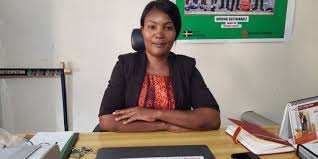
 Metro1 day ago
Metro1 day ago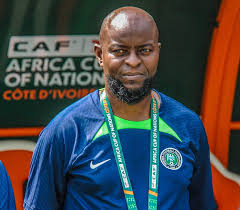
 Sports2 days ago
Sports2 days ago
 Culture15 hours ago
Culture15 hours ago
